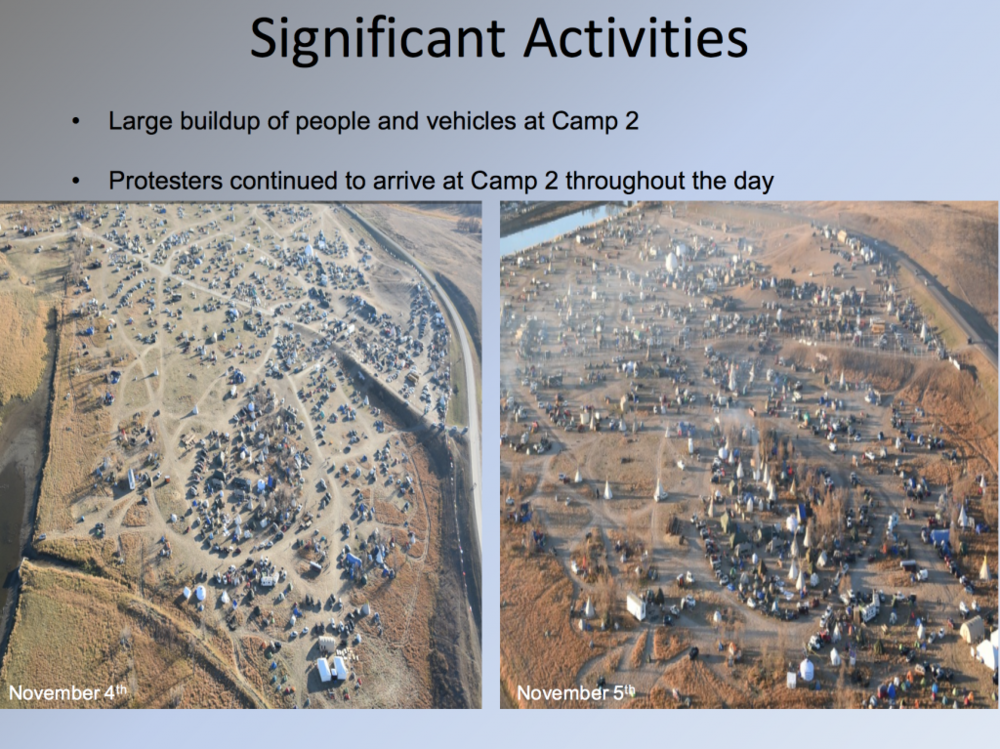Amazon worker demands company stop selling facial recognition tech to law enforcement
An Amazon employee is seeking to put new pressure on the company to stop selling its facial recognition technology to law enforcement. An anonymous worker, whose employment at Amazon was verified by Medium, published an op-ed on that platform on Tuesday criticizing the company’s facial recognition work and urging the company to respond to an open letter delivered by a group of employees. The employee wrote that the government has used surveillance tools in a way that disproportionately hurts “communities of color, immigrants, and people exercising their First Amendment rights.”
“Ignoring these urgent concerns while deploying powerful technologies to government and law enforcement agencies is dangerous and irresponsible,” the person wrote. “That’s why we were disappointed when Teresa Carlson, vice president of the worldwide public sector of Amazon Web Services, recently said that Amazon ‘unwaveringly supports’ law enforcement, defense, and intelligence customers, even if we don’t ‘know everything they’re actually utilizing the tool for.'” The op-ed comes one day after Amazon CEO Jeff Bezos defended technology companies working with the federal government on matters of defense during Wired’s ongoing summit in San Francisco. “If big tech companies are going to turn their back on the U.S. Department of Defense, this country is going to be in trouble,” Bezos said on Monday.


